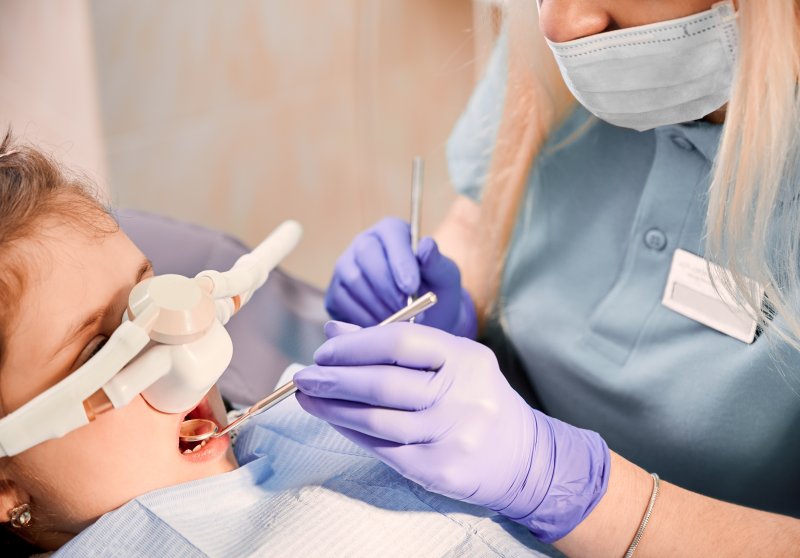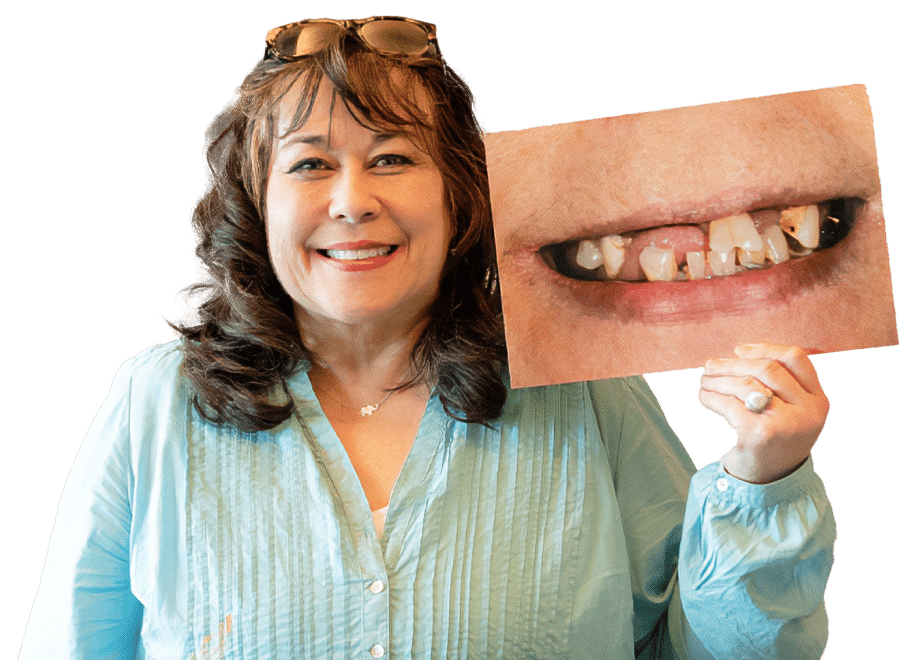
Dentists have been utilizing dental sedation for centuries. Nitrous oxide, or laughing gas, has been used as a dental anesthetic drug since 1844. Though nitrous oxide and other forms of dental sedation are safe to use for both dental and medical procedures, there are still many people with misconceptions about how it works. Here are a few common dental sedation myths and the truth about this common oral health practice.
Myth 1: There Is Only One Kind of Dental Sedation
Dental sedation involves the administration of a sedative usually as a pill or through inhalation to facilitate a dental procedure and reduce patient anxiety. Two of the most common types of dental sedation include:
- Oral Conscious Sedation – This type of sedation has the patient take a prescribed antianxiety medication. Though it doesn’t put you to sleep, you’re unlikely to remember details from your visit. The effects of oral conscious sedation can last several hours, so have someone drive you to and from the dentist’s office.
- Nitrous Oxide – The patient breathes in “laughing gas” through an oxygen mask that’s placed over their nose. It begins to take effect within a few minutes and makes the patient feel calm and warm throughout their body. They may also experience a tingling sensation in their fingers and toes. Once the procedure is complete, the patient is placed on 100% oxygen for 5 minutes to clear the gas from their respiratory system and remove and lingering effects.
Myth 2: Anyone Can Be Sedated
While the majority of patients are good candidates for sedation, this calming service isn’t ideal for everyone. Sedation may not be the right option if you:
- Are allergic to the sedation medication or it’s otherwise unsafe for you to receive
- Are pregnant
- Have other medical conditions that may interfere with the effectiveness of the sedation
Myth 3: Sedation Is Reserved for Complex Procedures
Though sedation dentistry is often associated with major procedures, you don’t have to undergo an intensive surgery to use it. If you suffer from dental anxiety or extreme dental fear, sedation dentistry can help you make it through your appointments. Older patients, people with disabilities, those who are afraid of needles, and those who have trouble sitting still or reclining in the chair for long periods of time are also good candidates for dental sedation.
So, whether you need sedation dentistry to help lessen pain, ease your anxieties, or for extensive work, make sure to consult your dentist. They can help you decide which one is best so you can get the treatment you need to keep your mouth healthy and happy!
About the Author
Dr. Timmerman and the Tukwila team believe visits to the dentist should be comfortable and stress-free. They go out of their way to make your experience pleasant and to make you feel right at home. With his extensive experience in the dental health field, Dr. Timmerman is committed to providing each patient with the highly personalized care they deserve. From simple check-ups to major surgeries or repairs, your dental health is in good hands! To learn more about Dr. Timmerman’s sedation dentistry offerings, call their office at (206) 350-6199 or visit their website.



